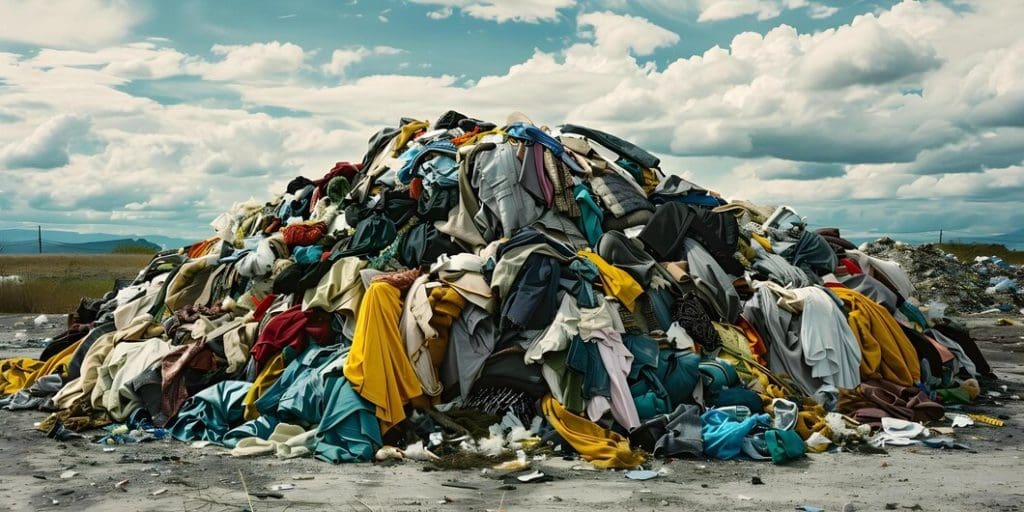Pune is taking a significant step towards sustainable waste management with the announcement of its first dedicated textile waste processing facility. The Pune Municipal Corporation (PMC) plans to address the substantial volume of textile waste generated daily in the city—estimated at 100 to 125 tonnes—which poses unique processing challenges compared to regular solid waste.
Currently, Pune generates between 1,200 and 1,300 tonnes of dry waste and 900 to 1,000 tonnes of wet waste daily. While existing infrastructure, including biogas and dry waste processing plants, handles the majority of this refuse, textile waste—comprising items like mattresses, cushions, clothing, sofa stuffing, fibreglass, furniture, and leather goods—has proven problematic. Its bulky nature and inability to be easily compressed disrupt standard waste processing systems, often causing blockages in conveyor belts.
Sandip Kadam, head of the PMC’s Solid Waste Management (SWM) department, explains that textile waste cannot be processed with regular dry waste due to its size and tendency to clog feeder conveyors. Recognizing the significant environmental impact of unprocessed textile waste, the PMC is prioritizing the establishment of a dedicated processing facility. This facility will process textile waste in an eco-friendly manner, preventing harm to nature and addressing this often-overlooked waste stream.
The PMC intends to float the tender for the unit’s construction this month, with the final location contingent on approval from the Maharashtra Pollution Control Board (MPCB). The estimated project cost is between ₹3 and ₹4 crore, subject to adjustments based on land allocation and machinery requirements. This investment signals a commitment to innovative waste management solutions and positions Pune as a leader in textile waste recycling within India. This new facility promises not only to divert substantial textile waste from landfills but also to potentially open avenues for textile repurposing and resource recovery in the future.

